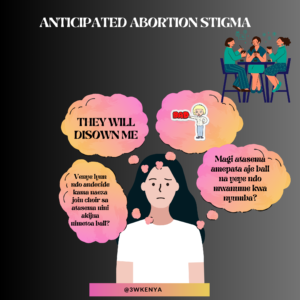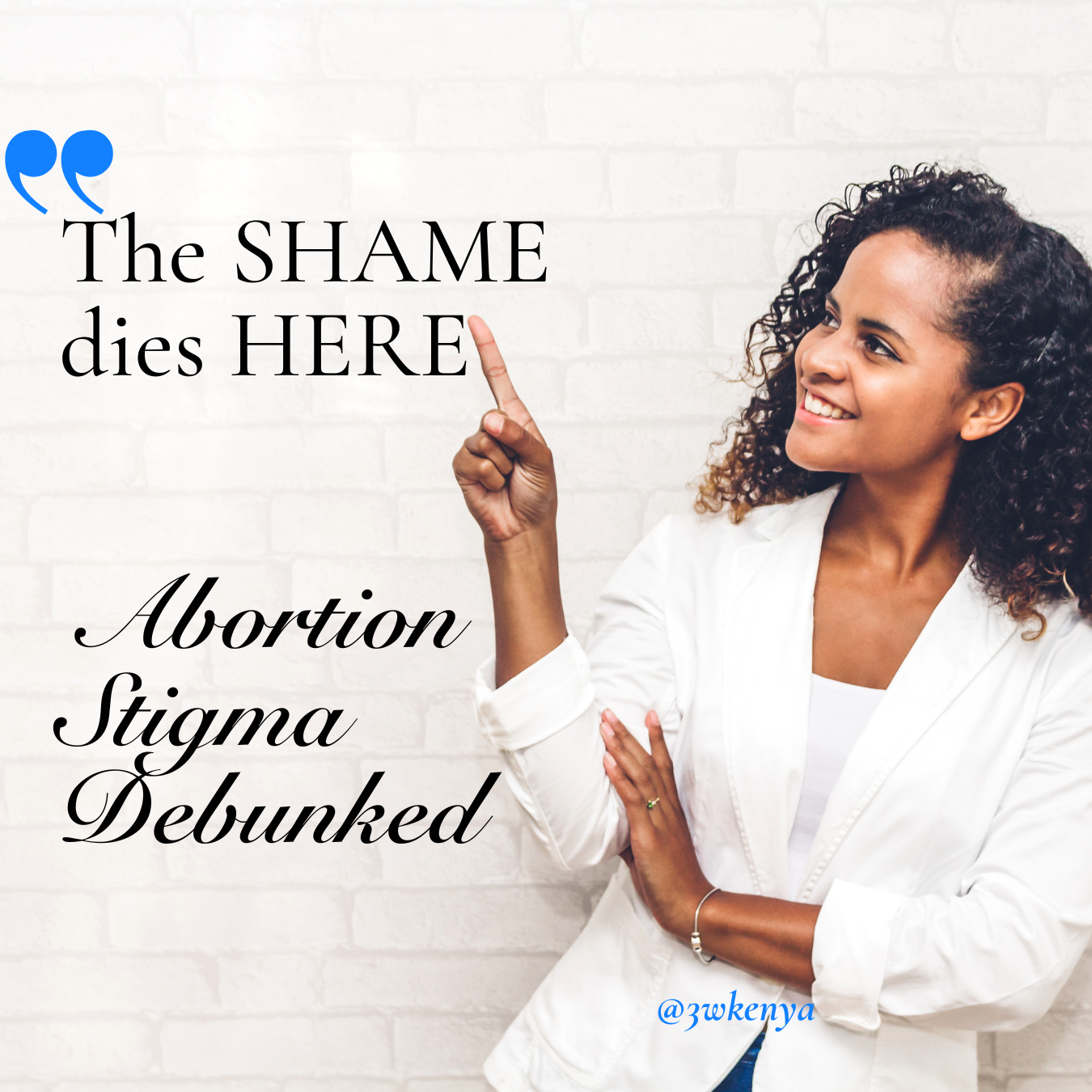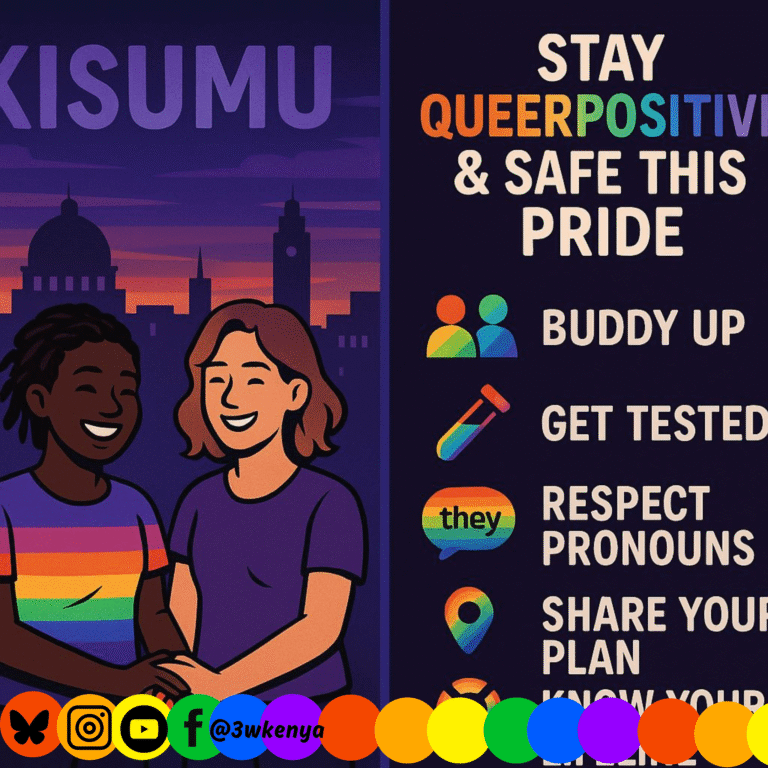The Shame Dies Here!
Abortion Stigma Conversations
In Kenya, the conversation around abortion often feels like a series of whispers. Many people seeking abortions feel the weight of judgmental glances and harsh words, making it hard to seek the help they need. So, why is there so much stigma surrounding abortion? And how can we create a more understanding society that helps women navigate their choices with support, not judgment?
What Does Stigma Look Like?
1. “She’s Immoral”
One of the most common stigmas is branding persons that seek abortions as immoral or irresponsible. Imagine a young girl in Kisumu who chooses to terminate a pregnancy because they are still in school. Instead of being met with understanding, they are often labeled as someone who “made bad choices.” But life is never that simple. Every decision is personal and rooted in circumstances others may not see.
2. Healthcare Shame
Even in a hospital setting, lbqt persons face stigma. A person walking into a clinic to seek post-abortion care might encounter dismissive staff or probing, judgmental questions like, “Why didn’t you keep the pregnancy?” This adds to the emotional burden and deters others from seeking safe healthcare services.
3. Fear of the Law
The law in Kenya allows abortion only if a trained health professional determines it’s necessary to save the life or health of the mother, but this is often misunderstood. Society believes abortion is outright illegal, and this fear—coupled with societal judgment—pushes them towards unsafe procedures, risking their health and lives.
abortion is outright illegal, and this fear—coupled with societal judgment—pushes them towards unsafe procedures, risking their health and lives.
4. Religious Condemnation
In many Kenyan communities, religion plays a significant role in shaping opinions about abortion. Some womxn are told they’ve sinned or turned away from God for making this choice. This spiritual stigma isolates them and prevents them from accessing emotional and psychological support.
How Stigma Hurts Us
The effects of stigma are far-reaching. People who experience it often carry feelings of shame and guilt for years. Many avoid seeking safe, legal abortion care or post-abortion services, risking their health and lives. Communities also suffer because stigma silences important conversations about reproductive rights and health, leaving misinformation to spread unchecked.
What Can We Do to Challenge Stigma?
Start Conversations:
Talking openly about abortion is the first step. When we listen to peoples stories, we gain empathy and begin to challenge harmful stereotypes.
Learn the Facts :
Many stigmas come from misinformation. For example, safe abortion, when done correctly, doesn’t harm future fertility—a common myth in Kenya. Educating ourselves and others is crucial.
Support, Don’t Judge:
Every person’s situation is unique. Instead of asking why she made the choice, we should ask how we can support them in their journey.
Empower Communities:
Organizations and individuals can work together to create safe spaces for dialogue and education about reproductive health and rights.
A Hope for Change
Ending abortion stigma in Kenya isn’t about promoting any one choice—it’s about creating a society where womxn feel safe, supported, and respected regardless of their decisions. By breaking the silence, we can replace judgment with compassion and create an environment where women in all their diversities can make informed choices without fear.
Written By :Brenda Odera
3w Community Based Strategic Team Member



